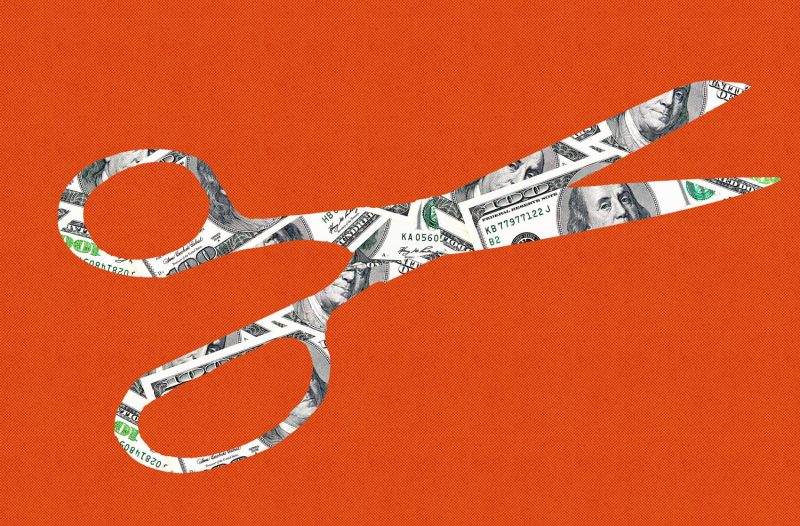
Get Your Finances Ready: Expert Tips on Navigating the Upcoming Interest Rate Cut!
As global economies face significant challenges, many central banks are moving towards cutting interest rates to stimulate economic growth. Consumers, on the other hand, have to contemplate what to do with their money before this event takes place. Managing one’s finances mindfully in such scenarios becomes crucial. Here are several strategies to consider.
One of the primary steps is to analyze your debt. Lower interest rates create an opportune moment to review your credit situation. Review all your current financial obligations, from your mortgage to personal loans to unpaid credit card balances. If the interest rates fall, your loan or mortgage rates might decrease, meaning lower monthly repayments. Keep in mind that this mostly applies to loans with variable interest rates. It might also be a wise move to consider refinancing. With the potential of lowered rates on loans, you might save substantial funds in the long run.
Next, consider saving more in high-yield savings accounts. Interest rate cuts do reduce the amount earned on savings accounts, but high-yield savings accounts persist to provide better returns than traditional accounts. While they may also see a rate decrease, they still have historically been known to outperform regular savings accounts. It could be prudent to reallocate some funds into these high-yield accounts before a rate cut takes place.
Investing is another strategy to consider. Lowered interest rates can often lead to growth in the stock market as businesses tend to take this as an opportunity to borrow and invest more. As a potential investor, this could be ideal for diversifying your portfolio. Keep in mind, though, market dynamics can be unpredictable and they aren’t solely impelled by interest rates. It’s essential to research, consult with a financial advisor, and understand the risk tolerance before making any investment decisions.
Finally, consider preparing for a potentially rising inflation rate. While it’s not universally the case, decreasing interest rates can lead to increased inflation over time. Inflation erodes the buying power of your cash. Therefore, it’s necessary to make certain that your return on investments outpaces inflation. A part of your portfolio might want to include inflation-protected securities or assets that tend to prosper during inflation like commodities, real estate, and treasury inflation-protected securities (TIPS).
Proactive, agile, and strategic financial management becomes symbolic in times like these. By analyzing and managing your debt, maximizing your savings, investing wisely, and protecting yourself against potential inflation, you can navigate the approaching interest rate cut consciously. The entire process should ideally be to bolster, protect, and grow your finance despite the market’s ebbing and flowing elements, keeping your long-term financial goals in sight.
